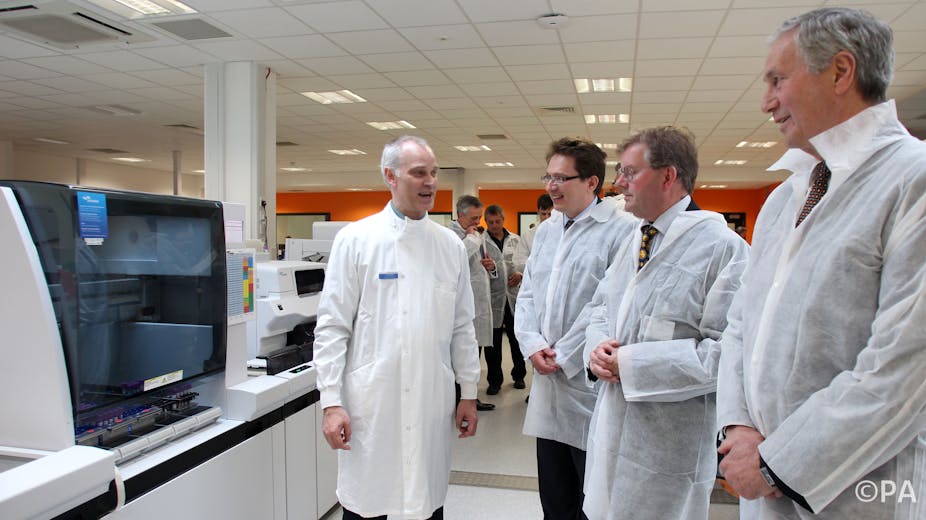Tim Kelsey, the NHS’s Director for Patients and Information, has announced that the service is to launch a TripAdvisor-style patient feedback site, following a pilot in London and the north-east.
In the same way the travel site allows customers to rate hotels and restaurants, the service will allow patients to post comments online and to rate hospitals and other health services. They can provide feedback against five criteria, as well as answer the question “how likely are you to recommend this hospital to friends and family?”. The goal is for this increased transparency to hospitals and doctors improving the quality of services.
The idea of patients posting reviews of doctors and hospitals has been the subject of heated debate in the medical profession for some time. The discussion often centres on whether patients can be competent reviewers of complex medical care and the extent to which they will use the internet to post malicious comments.
Will it make a difference?
Research into whether on not patients can offer real insight into health services has produced mixed findings. While a relationship has been [identified](http://www.ncbi.nlm.nih.gov/pubmed/22331980 between patient ratings on NHS Choices and some measures of clinical quality, other research suggests that patient feedback tends to be more useful for the non-technical aspects of care, such as access to appointments or the politeness of receptionists. The limited evaluations that have been carried out of web feedback suggest that comments are more often than not positive.
‘The US government has taken the lead with providing online information for comparing hospitals and nursing homes, while in England performance data is published by company Dr Foster and in the Netherlands, the Choose Better website offers quality information on both health and social care providers. Despite these projects, there is little evidence that publishing information results in significant improvement in the performance of health care providers.
If they build it will you come?
Websites such as TripAdvisor are based on generating the wisdom of crowds. If enough people post reviews, eventually the average rating will be an accurate reflection of how good the provider really is. But response rates are often low, even for products more commonly associated with online reviews. One study worked out that even in the case of the most popular book ever sold on Amazon (Harry Potter and the Deathly Hallows), only one in 1,300 purchasers posted a review.
Uptake is even lower on healthcare sites. In the US, despite the proliferation of rating sites for doctors, only one sixth of doctors have been reviewed.
People have cited various reasons for not complaining, including the belief that it wouldn’t make a difference or that staff were too over-stretched to do anything differently. They have also reported not wanting to cause trouble and concern that their care might get worse as a result of their complaint.
While all this is not an argument against ratings and review sites, it does indicate that investment in technology will not in itself encourage patients to leave reviews.
Even if people do come to leave comments in droves, for the system to work, other patients need to take notice of the information. NHS Choices already exists as a service for helping patients choose the best options for treatment, but research in 2010 showed that only 4% of them actually used it.
If you say it, will they listen?
Then there is the question of whether the comments left on these sites will be used effectively to improve the NHS. It is true that the service could do a much better job of handling complaints but it is not yet clear if feedback websites will motivate trusts to change. A number of recent reports have painted a picture of organisational cultures and processes which struggle to incorporate patient complaints into their plans for improvement.
The Parliamentary and Health Service Ombudsman has described a “toxic cocktail” of factors which stops patients complaining. And when they do complain, trusts are not necessarily equipped to respond.
Improving channels of communication is important and there are examples of similar sites leading to improvements in care, such as the website Patient Opinion. But focusing on the underlying culture and processes for improving quality in care is critical. Providing more channels for patient feedback will not in itself overcome the more fundamental issues involved with the complaints process.

